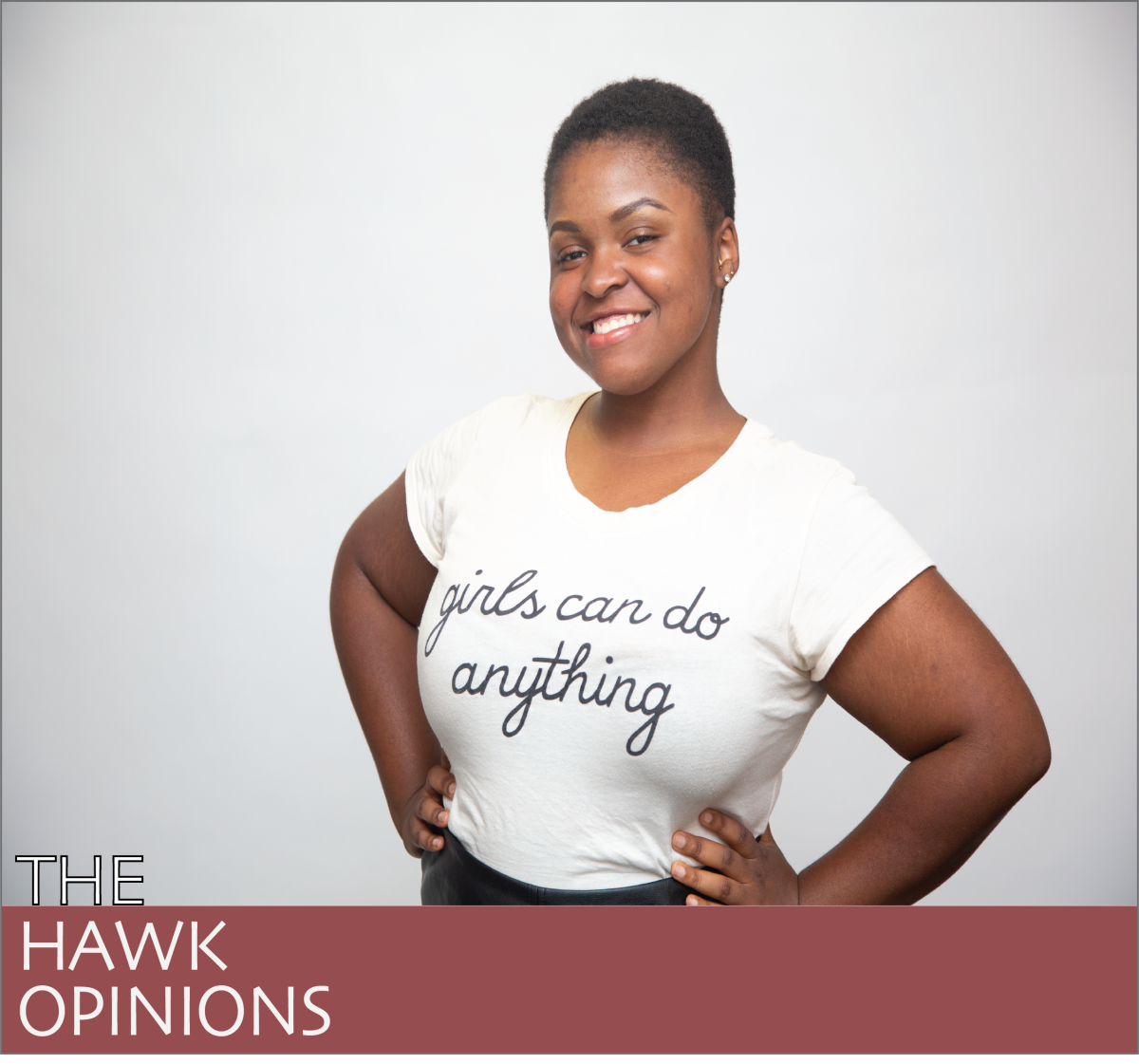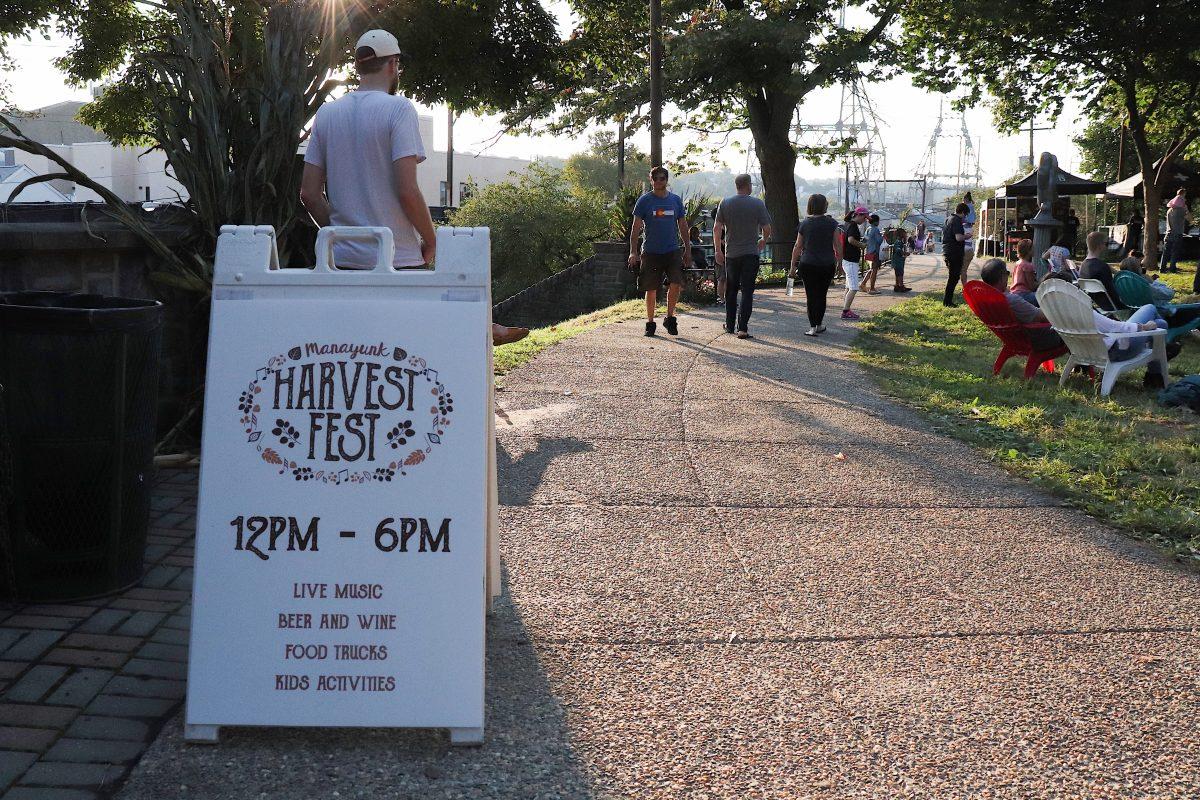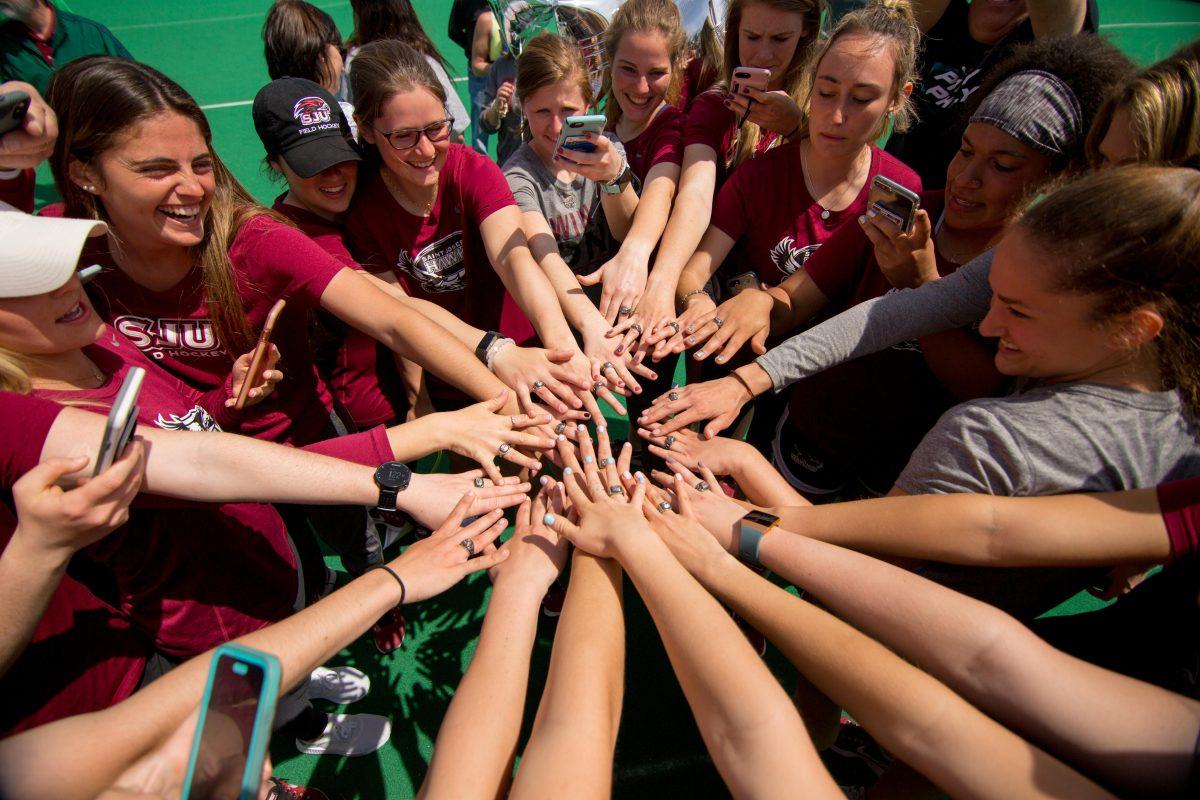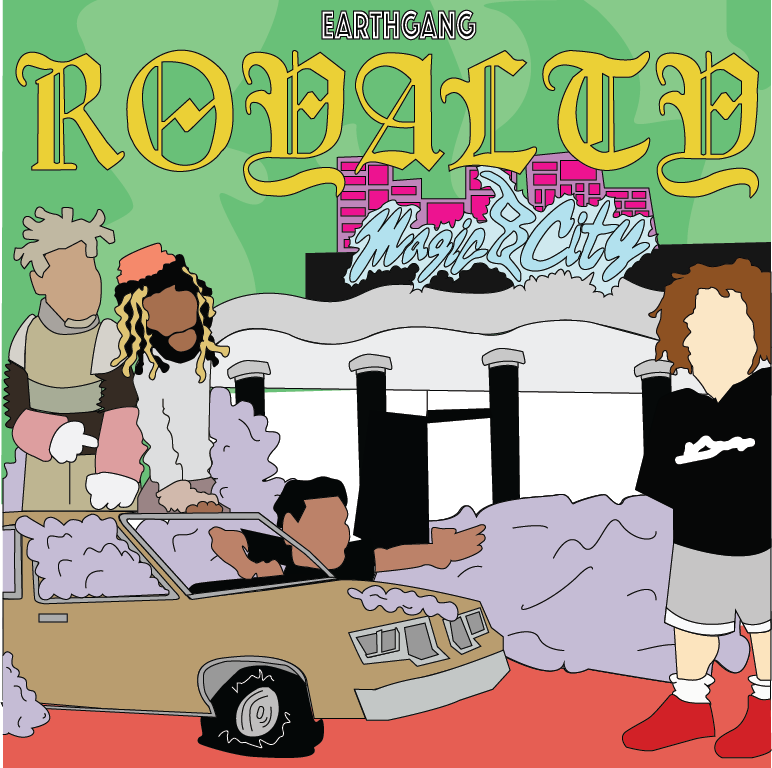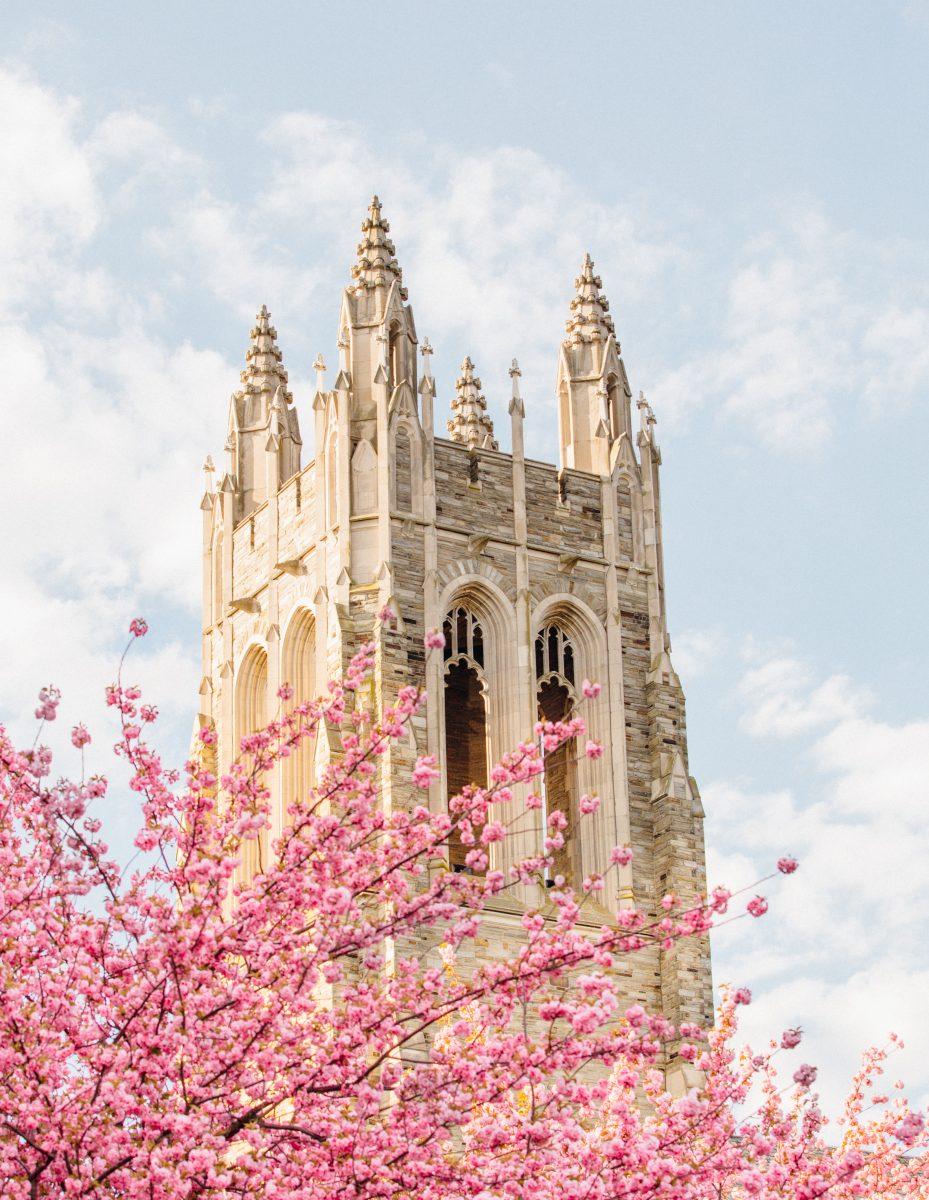The prevailing beauty standards against women of color
Recently, Netflix released a movie called “Nappily Ever After,” starring Sanaa Lathan as main character Violet Jones. Violet is a young black woman with a perfect life and perfect hair. Since she was a child, her mother was adamant that her hair should be straight and “perfect.”
When I watched this film, it was like watching a documentary of my life. The movie hit home for me and I’m sure it did for many women of color as well.
Last semester, I had a 2007 Britney Spears moment. I skipped my classes and work to take an impulsive trip to any barber I could find in West Philadelphia.
When I arrived and sat down in the chair, the barber asked me what look I wanted as I took off my headscarf to reveal my neglected hair. I told him to surprise me because that morning, all I remembered was feeling stuck and burdened by the impenetrable fro that I had begun to give up on.
My heart pounded as the buzzing sound of the clippers grew louder and my hair fell to the ground like confetti. Then, it was finished. He turned the chair to reveal my round, pudgy face. I could no longer hide behind my now little-to-no hair.
I closed my eyes and thought of my childhood, a series of memories of broken combs, harsh tugging and pulling. My hair was very kinky and coarse. Its coils were so tight that when in combat with a comb, it always won.
My mom, a busy woman juggling the challenges of motherhood and life in a country foreign to her, had neither the time nor the talent to do my hair. Hair treatments set the rhythm of my life. Wash and set every two weeks, perm touch-ups every six to eight weeks. I stayed true to what my Haitian grandmother always said, “Pou belle mande sacrifice,” (beauty requires sacrifice).
The solution was to chemically straighten my hair. It was a decision that would later impact my relationship with myself and my hair in ways I could not fathom for many years.
In an early scene in “Nappily Ever After,” Violet is depicted as a young girl. She and her mom go to the pool. Her mother yells at her to not jump in the pool so that her hair doesn’t revert back to a kinky textured afro. Violet defies her mother and jumps in anyway. This act of defiance and childlike whimsy is immediately followed by an insult from a little white boy who tells her that she looks like a “Chia Pet.” Violet’s mother then aggressively grabs her from the pool and reprimands her.
As women of color, our hair goes on a very complex journey throughout our lives. It is subject to scrutiny and prevailing Eurocentric beauty standards by society. That affects and trouble the way we present and view ourselves.
We learn from a young age that our hair, our complexion and our being isn’t ideal. Growing up, television bombarded me with images of slim, fair-skinned women with shiny straight hair.
The Barbie aisle in the toy store was filled with dolls, including the few black ones, which had long straight hair and impossibly perfect hourglass figures. Barbie personified perfection and I, like many other little black girls, wanted to look just like her.
In our society, it is hard to be a woman and even harder to be a black woman. My impulsive trip to the barber was a cry for liberation from perfection and expectations.
“Nappily Ever After” made me realize that I didn’t have a Britney Spears moment, last semester. I had a Violet Jones moment. A black woman, tired of her hair being the topic of conversation, the thing to touch and not to cherish.
Our beauty is from our soul within. It graces each coil on our heads. Our hair is a crown passed down by our ancestors that we allow to be dimmed and diminished by criticism and pressure of society, at times.
After watching the film, I was reminded of a poem from Nayyirah Waheed’s collection of poetry, “Salt,” in which she speaks about emotional nutrition. She says, “I will tell you, my daughter/of your worth/not your beauty, every day. (your beauty is a given. every being is born beautiful)/knowing your worth/can save your life./raising you on beauty alone/you will be starved./ you will be raw./you will be weak./an easy stomach./always in need of someone/telling you how/beautiful you are.”
I once needed the validation from society, family and the people around me to tell me I am beautiful. I relied on the length and density of my hair and the size of my body to feel beautiful, wanted, and enough. I lost my mind–to the point that I cut off the thing I valued the most, my hair.
It was in this moment that I understood that beauty does require sacrifice, just not in the way grandma and the people around me taught me. It requires letting go of the expectations and criticisms of everyone else to embrace your true beauty, all of you.

































